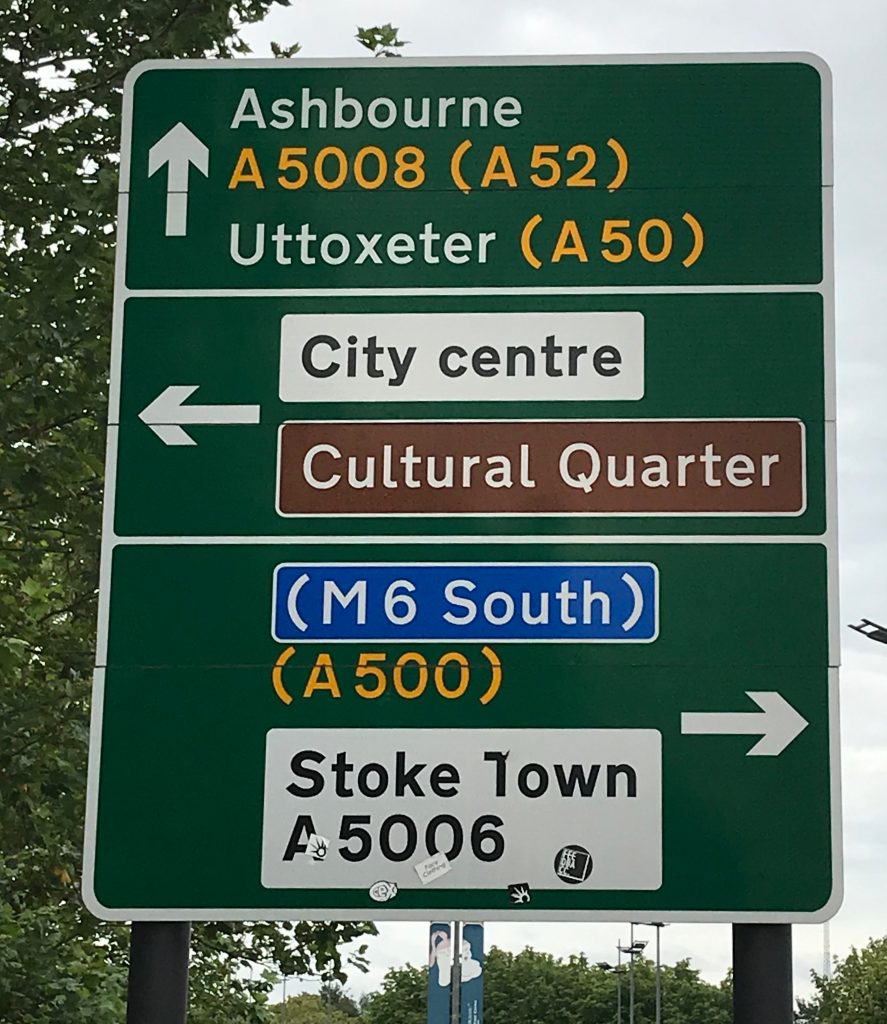By the time children get to be 3 years of age, they are, generally, better at walking and so can walk for longer periods of time. The distance children walk can be built up over time: the more they do it, the better at it they become. Like 2-year-olds, 3-year-olds are also fascinated by “treasure”. […]
Most 4-year-olds can walk faster and further than their younger counterparts. This means that they can venture further afield than the three year olds in a similar time frame. The distance can be built up, with the possibility of a buggy for providing a respite period if the distance is great, by swapping the children […]
Walking is a great way to stay active for people for all ages. Particularly for children, walking: is fun and interesting – you get to notice things along the way and meet people in your neighbourhood. is sociable – children love walking with their friends, especially on the journey to school. makes them feel good – the […]
Using public transport can be really exciting for young children, especially for those who spend lots of time in cars, being ferried from place to place. There is always so much to see looking out of the windows on a bus or train and in encountering the different people who will be using public transport […]
Social media is a powerful tool for sharing examples of good practice and celebrating achievements – but there potential pitfalls, particularly relating to consent. We have created a quick guide for getting to grips with how you might share your experiences with a wider audience. Download: Exploring the Wider World Social Media Guide (PDF) […]
Since the introduction of the EYFS framework in 2008 there has been a huge emphasis upon encouraging parents to become engaged in their children’s learning. Research has recognised that parents are children’s first and most enduring educators and that improving the home learning environment is an important role of the practitioner. In 2004 Kathy Sylva […]
This article by Early Education Associate Anni McTavish explores the term “cultural capital”, and what it might mean for early years practitioners and their settings. Following the publication of the new Education Inspection Framework (EIF) in May 2019, the updated Ofsted School and Early Years (EY) Inspection Handbooks came into effect from September 2019. These […]
Transition is part of the maturation process. Most children and their families find moving from one stage to the next seamless. Transitions need careful planning and will need sensitive handling for all children and families. Some children and families will find the change more problematic and will therefore need greater consideration. Having as many opportunities to visit the […]

We know young children appear to be starting settings with less developed language than in previous years due to a range of reasons. Understanding the World can be a meaningful and motivating way to really extend the language development of young children, especially if the adults have a wide range of interaction strategies to support […]

